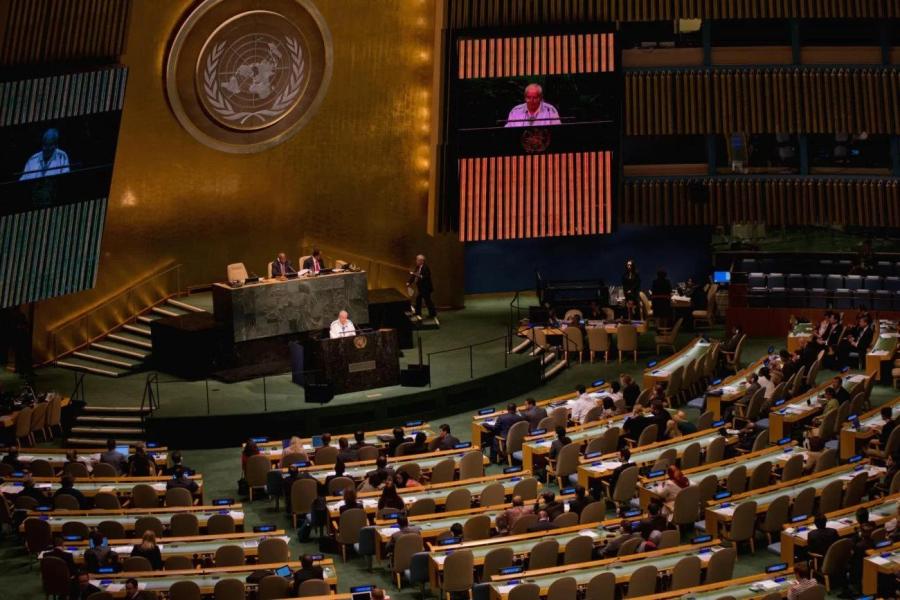The United Nations Declaration on the Rights of Indigenous Peoples is being held hostage by a group of African states that do not want to recognize that there are indigenous peoples in Africa.
An affirmative General Assembly vote for the declaration, which was adopted one year ago by the UN Human Rights Council, should have been pro forma. Instead, African states, claiming that they did not have adequate time to consider the matter during the 24-year negotiation process, sought a delay to give themselves more time to study it. A vote is expected before September.
In May, a group of states calling themselves the African Group offered a revised version of the declaration. The proposal amends more than 30 declaration provisions. It leaves it up to states to define—without any regard to international law—which groups constitute indigenous peoples. Further, it entirely removes the right to self-determination from the declaration. The proposal also renders more than 10 of the rights contained in the declaration subject to national legislation—including indigenous peoples’ rights to lands, territories, and natural resources.
As Indigenous Peoples Caucus Chairman Les Malezer told the UN Permanent Forum on Indigenous Issues, “The African Group proposal is . . . offensive to indigenous peoples . . . It is obvious that deliberations based on the African Group proposal will never result in a declaration acceptable to indigenous peoples that can be adopted by the UN.”
The Indigenous Peoples Caucus, Cultural Survival, and dozens of indigenous rights organizations worldwide are appealing to the president of the UN General Assembly to submit the Human Rights Council’s declaration text, without amendment, to a vote.
(For more information, or details about how to participate in that campaign, please go to Cultural Survival’s website: www.culturalsurvival.org.)



